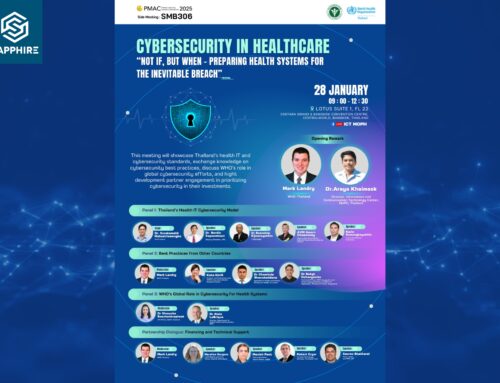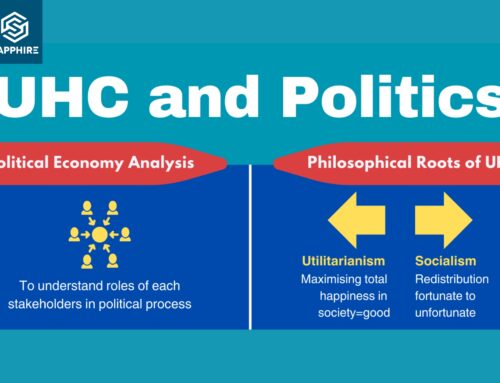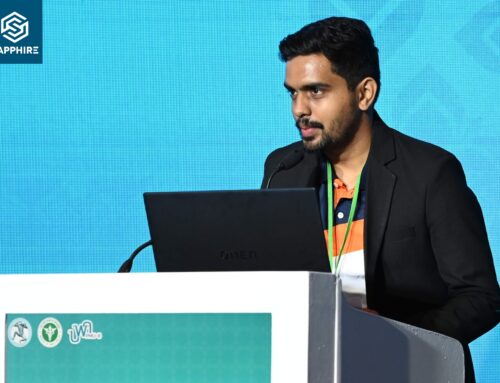Partners from the International Decision Support Initiative (iDSI) join the 2nd China Health Technology Assessment Conference organised by the China National Health Development Research Center (CNHDRC) on 26-27 October 2019 in Beijing, China. The event brings together China’s high-level representatives and global experts to discuss the latest HTA developments in China since the launch of the National Centre of Drug and Health Technology Assessment last year.
“Health care can make people poor” … Dr. Kalipso Chalkidou, Center for Global Development
“Healthcare spending are deemed to be wasted” … Dr. Wee Hwee Lin, Saw Swee Hock School of Public Health, National University of Singapore
“Public procurement needs appropriate strategies to balance between price and quality of the products” … Amanda Glassman, Center for Global Development
Resources are never enough, a new technology comes with a high cost, a pressure to control rising costs of healthcare expenditure, maintaining quality of healthcare delivery, increasing burden of noncommunicable diseases, etc. Decision makers around the world face many challenges in healthcare delivery and need to make a trade-off in resource allocation. In this context, HTA is widely used as a decision making tool to develop, review, and revise the health benefits package with the aim of improving efficiency and saving. Representatives from iDSI (Center for Global Development, Health Intervention and Technology Assessment Program, Imperial College London, National University of Singapore, and University of York) were invited to share their experience of implementing priority setting initiatives at the global and country levels, including case studies of iDSI supporting countries to promote and strengthen HTA to inform decision making such as pricing and reimbursement.
“Efficiency can bring more health for the money or a better health from less money” … Dr.Yot Teerawattananon, HITAP, Ministry of Public Health, Thailand & Saw Swee Hock School of Public Health, National University of Singapore
“HTA helps identifying the best buys and find solutions for affordable healthcare” … Waranya Rattanavipapong, HITAP, Ministry of Public Health, Thailand
“To determine whether the investment on health is worth it or not, we need to think about the opportunity cost” … Jessica Ochalek, Center for Health Economics, University of York
China National Health Development Research Center joined a partnership with iDSI in December 2017 and has made significant move towards integrating HTA in China’s healthcare system. Although the field of HTA is still relatively new in China, it has shown remarkable growth over the last year, having spread from the central government to the provincial level. Highlighted activities are:
- The establishment of an HTA mechanism and committee.
- The development of a process guide and methodology manual.
- Producing policy relevant HTA studies such as economic evaluations of PCV and HPV vaccines.
- The use of HTA to facilitate market access, pricing and payment policy, optimal use of a wide range of health technologies (drug, vaccine, medical device, equipment, procedure, screening program, and hospital management), and coverage decisions.
- Building an HTA taskforce and network.
- Strengthening capacity building activities for HTA knowledge and skills
- Joining global and regional cooperations and networks to create synergies in HTA effort
For future direction, China has an effort to put HTA into legislation and expand the application of HTA to traditional Chinese medicines.
As the rapidly developing and influential nation, the progress and impact of HTA in China can contribute to other countries. With healthcare projects being a part of China’s Belt and Road Initiative, China can play an important role in supporting the societies of Belt and Road countries to use HTA-informed decision making, especially with procurement practices.





